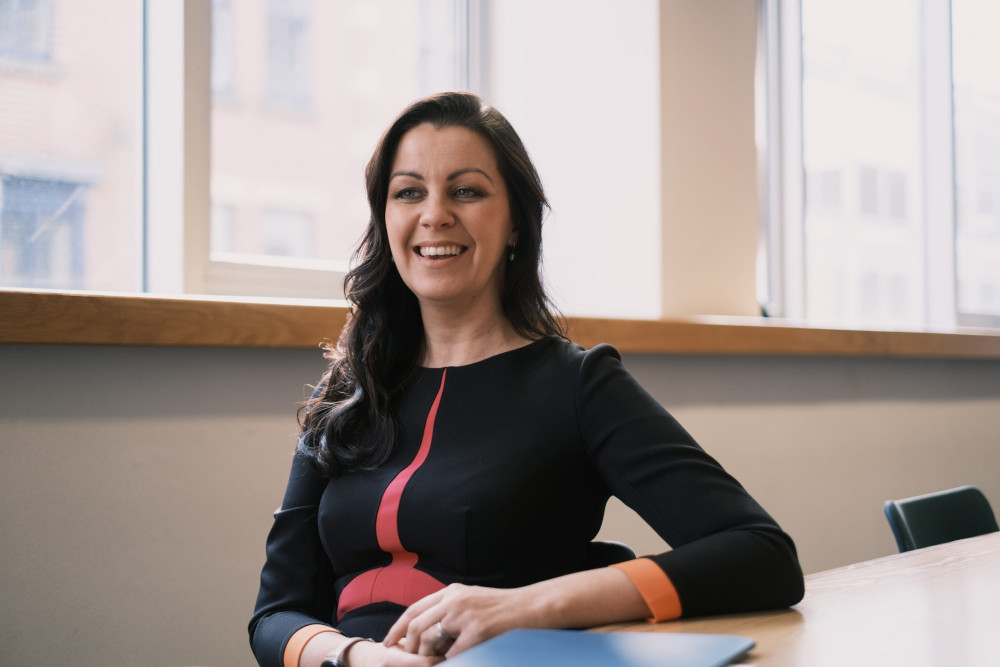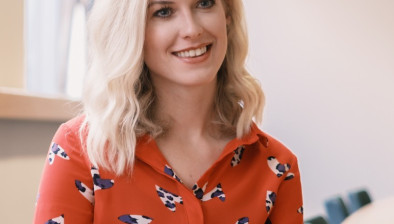Kirsten Magee: Unofficial Bridgerton musical — a copyright scandal!

Kirsten Magee
Kirsten Magee, partner at Belfast-based Mills Selig, examines the unofficial Bridgerton musical from an intellectual property perspective.
I do enjoy when one of my passions (in this case musical theatre) throws up an interesting legal point. I therefore read with interest the particulars of a claim recently filed in the US by Netflix against the song writing duo Barlow & Bear, who created (in real-time, on social media) a concept album based quite blatantly on the hit TV series Bridgerton.
The project appears to have started life as a bit of fun between two ‘mega fans’. Fan fiction and other related content is something of a cultural phenomenon. Although technically all works derived from an original source risk infringing copyright, rights holders often turn a blind eye and do not take enforcement action against content created by fans.
In many cases, a proliferation of ‘fanfic’ (as it is called if you’re down with the kids) is seen as a positive thing in terms of building up goodwill in the source material. Crucially, it very rarely generates much in the way of profit for the writers (who often upload it to free to access websites and social media channels).
Netflix could be said to have initially encouraged Barlow & Bear in their artistic endeavours. As the musical gained traction online, the duo sought permission to record an album and stage a version of the production for charity using furloughed West End performers. Netflix concede that they “did not stand in their way”. The songwriters have since argued that this exchange resulted in the creation of a form of licence to use the source material (a suggestion Netflix strongly denies).
The resultant album went on to win a Grammy award for best musical theatre album (quite a coup for a show that had never been properly performed on stage). A subsequent lavish (and no doubt profitable) performance of the musical in NYC featuring several high-profile Broadway stars appears to have been a step too far for Netflix. Lady Whistledown herself would have declared it “a scandal indeed!”. The lawsuit seeks damages for copyright and trademark infringement together with an injunction to prevent further unauthorised exploitation of the plaintiffs’ intellectual property.
The case is likely to turn on whether there is any substance in the suggestion that Netflix granted a licence which covers extensive use of the source material (which seems unlikely). This doesn’t strike the writer as a case where one of the exceptions to copyright infringement will apply. The musical production doesn’t seem to be a parody or caricature (which might be permissible); it depicts the original characters faithfully and even includes some sections of dialogue lifted verbatim from the TV script.
Anyone seeking to adapt an original work must seek permission to do so. Such permission will normally take the form of a licence. (Indeed, the Netflix series is itself a derivative work requiring a licence from the writer of the novels upon which it was based). The terms of any licence must be drafted carefully to reflect precisely what is being permitted by the copyright owner.
Hollywood has provided another recent example of a dispute involving a derivative work. The owners of the copyright in the story which inspired the original Top Gun movie granted a licence allowing that film to be made. A similar arrangement was apparently put in place in relation to the recent prequel, Maverick; however, the rights holder now claims that the agreed licence had expired before production commenced (filming having been delayed as a result of the pandemic). If that is proven to be the correct analysis, the stakeholders involved in what was one of the biggest box office successes in recent years could also be facing an expensive day in court!

- Kirsten Magee is a partner in the litigation department of Mills Selig.







